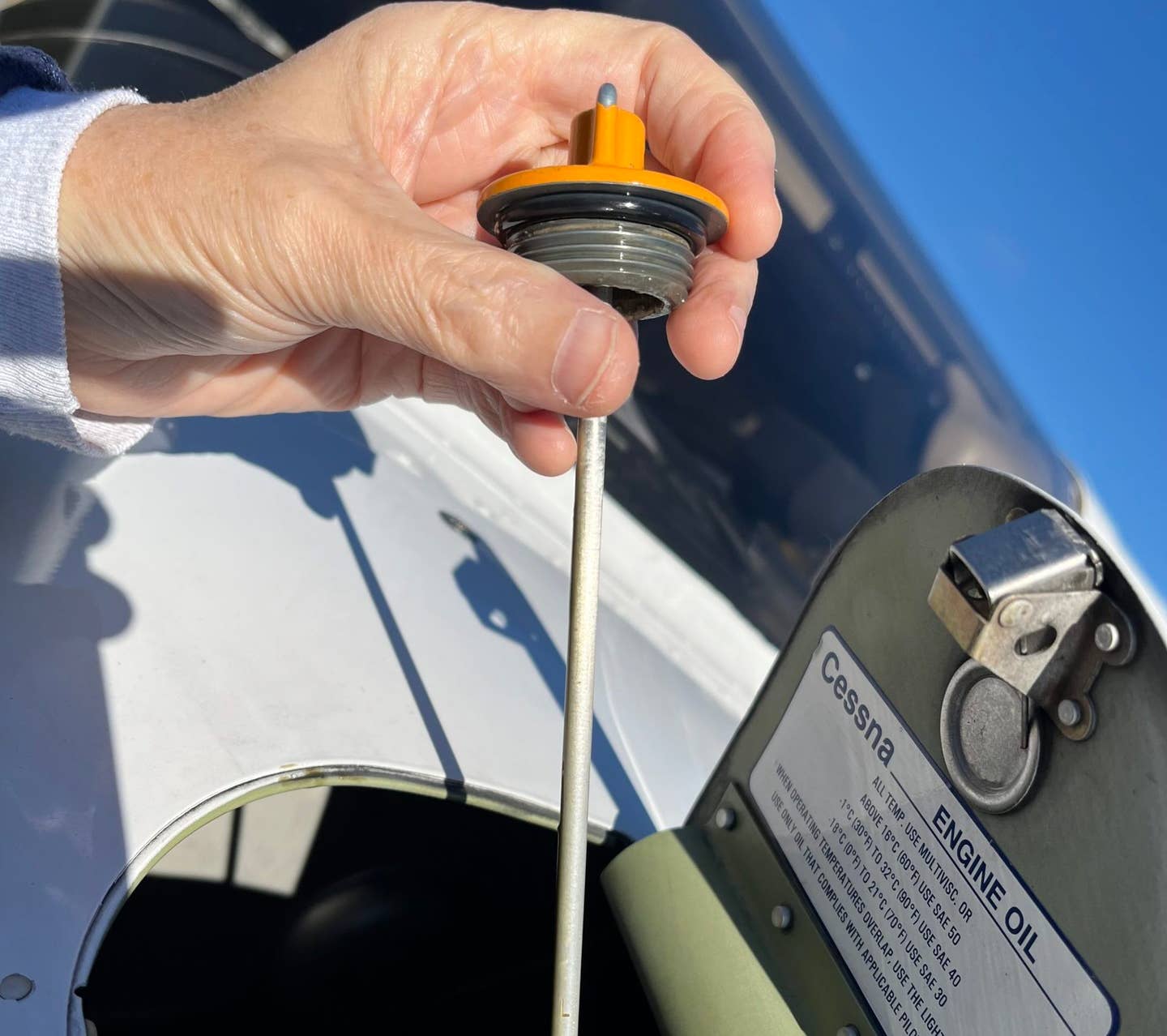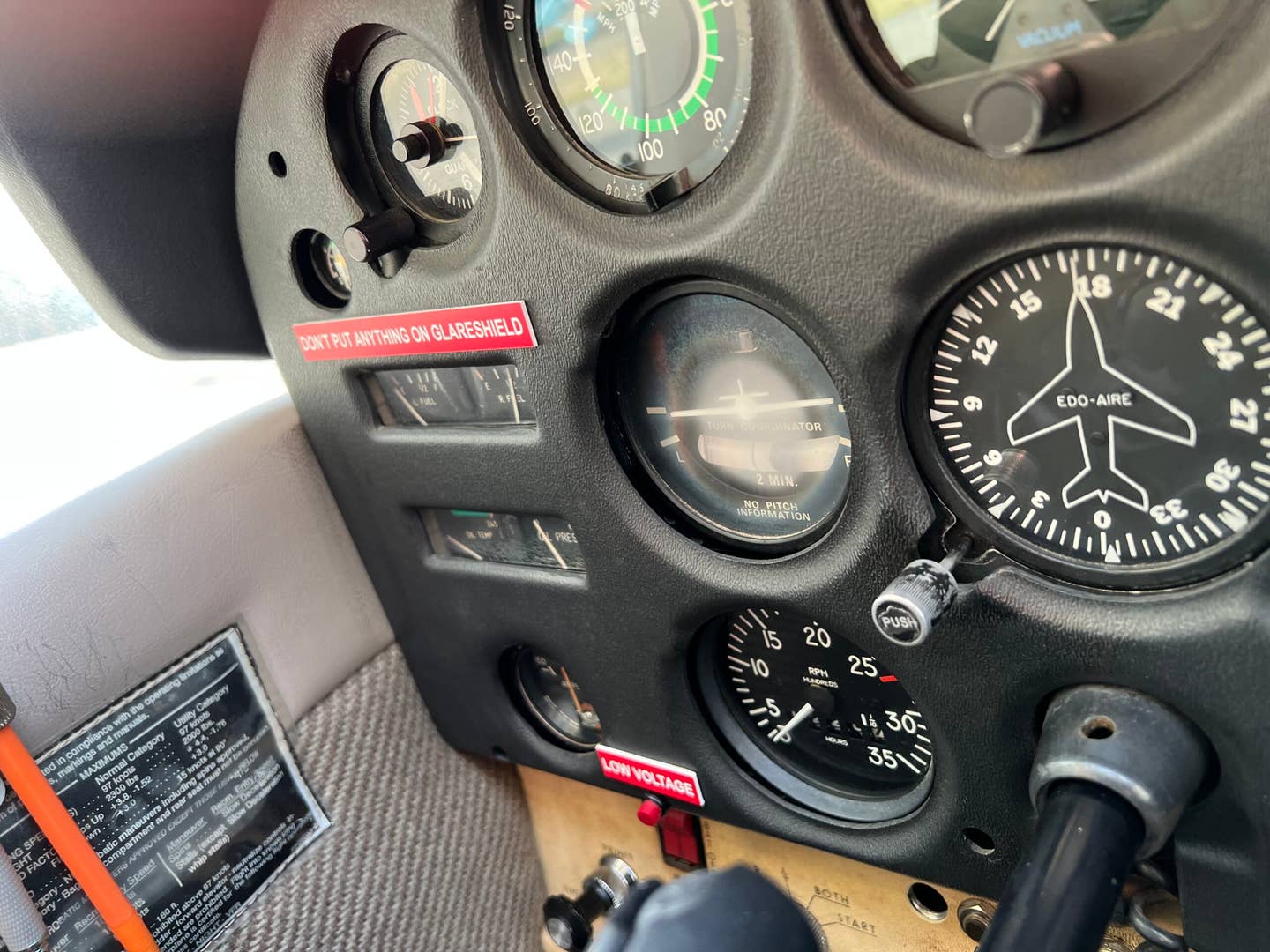
It's commendable that a group of U.S. private investors led by aviation market analyst Brian Foley wants to make a play to purchase the assets of lightplane maker Cirrus by outbidding a subsidiary of AVIC, China's aviation manufacturing powerhouse. But like a lot of people who've heard about the plan, I see the would-be end-around as doomed to failure — even if, somehow, the home team can pull it off.
There’s only one way private U.S. investors can score such a victory, and that’s by making the serious mistake of overpaying for Cirrus, a struggling company that was responsible for only about 1 percent of the world’s fixed-wing general aviation aircraft sales last year and continues to face daunting financial challenges.
Nobody seemed overly concerned when a 58-percent stake in Cirrus was gobbled up by Bahraini investors in 2001, but suddenly China’s acquisition of Cirrus, coming as it does on the heels of the planned buyout by the Chinese of engine maker Continental from Teledyne, is viewed as a clear and present threat to the entire industry.
That might be so. But the truth is, there’s no way to stop this freight train. AVIC’s various subsidiaries, which rake in billions annually and employ more than 400,000 men and women on mainland China, have received their marching orders: Transform China into a major player in global aviation by 2017.
There are several ways to accomplish this goal, and AVIC appears willing and able to exploit all of them. The first is to create homegrown aircraft for military and civil markets, which the Chinese are already doing at a frenetic pace by seeking to build everything from new fighters to commuter jets to helicopters. The second is to form strategic partnerships with established aerospace companies, a la AVIC's recently announced deal with GE Aviation to develop new avionics.
And then there’s that time-tested way of expanding one’s footprint in a given market: buy, buy, buy.
Chalk it up to a communist government pushing market-oriented reforms at a time when just about everything that can be bought is on sale.
One roadblock to AVIC’s aviation steamroller is the U.S. government, which has sought to quell certain buyouts by Chinese interests, citing national security concerns. Those worries eliminate scores of U.S. companies from Chinese consideration. But with the economy still struggling, low-hanging fruit on the civil side like Cirrus and Continental are ripe for the picking.
If private investors want to take on the Chinese out of a sense of patriotic duty, I applaud them for trying. But I don’t see a realistic way they can outbid China — a nation of 1.3 billion, a growing number of them with aspirations that extend far beyond that country's rice paddies and factory floors — without paying vastly more than Duluth, Minnesota-based Cirrus is worth.
At least with Chinese control Cirrus no longer faces the ever-present threat of insolvency.
So how will the power play for Cirrus pan out? Nobody can say, but I do see a best-case scenario somewhere out on the distant horizon: China completes its purchases of Cirrus and Continental (and a few other general aviation companies on its target list) and injects the capital required for these companies not only to survive but also to be able to invest in future products (like very light private jets?) and sell them around the world.
In doing so, China might just help secure the future of general aviation for a new generation of pilots — in America, Europe, South America, and, quite possibly, in China, where a growing number of citizens are just now beginning to aspire to something better.

Sign-up for newsletters & special offers!
Get the latest FLYING stories & special offers delivered directly to your inbox






